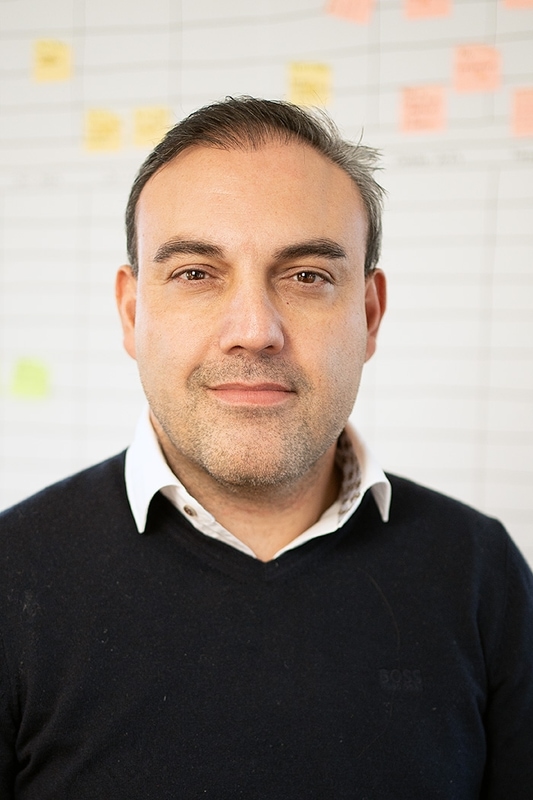
Researcher
Allan Bayat
Academic Qualifications
Associate Professor Allan Bayat is a chief physician in Neuropediatric Department, Filadelfia and is affiliated with the Institute of Regional Health Research, University of Southern Denmark, and the Department of Drug Design and Pharmacology, University of Copenhagen.
- Researcher at BRIDGE Translational, University of Copenhagen in collaboration with Rigshospitalet and Filadelfia.
Allan Bayats Research
The research focuses on (mono-) genetic brain-related disorders that begin in childhood, specifically epilepsy, genetic syndromes, and causes of developmental disabilities with or without psychiatric symptoms, such as autism and ADHD.
The overall goals of the research are:
- To find the genetic cause of the aforementioned disorders in patients, for example, using exome or genome sequencing
- To study symptoms in children/adults and find correlations between genetic variants and symptoms
- To study how these genetic defects lead to disease using translational tools such as cell and animal models
- To improve medical treatment and enable personalized medicine for the aforementioned patients
- To share knowledge and research results with patients, families, patient organizations, researchers, and doctors through social media and conferences
Allan Bayat’s research aims for all the aforementioned patients to one day have an accurate genetic diagnosis and be offered precision treatment. Traditionally, the medical treatment of these patients has been based on a clinical assessment without considering the patient’s genetic profile. Thanks to better methods for genetic investigation and a better understanding of how genetic defects lead to the aforementioned brain-related disorders, it is increasingly possible to offer precision treatment. These include treatment optimization, repurposing existing drugs developed for other purposes, using small molecules that have only undergone phase-1 studies, or using antisense oligonucleotides and gene therapy.
Research Areas
- Identify genetic diagnoses in patients with developmental disabilities and/or epilepsy
- Study symptoms in children and adults with the same rare genetic variants
- Study the natural history of diseases
- Identify phenotype-genotype correlations
- Study disease mechanisms using cell and/or animal models
- Identify and offer personalized medicine
- Design and conduct ‘number-of-1’ studies with new potential treatments
- Investigate whether personalized medication changes the natural history of diseases



